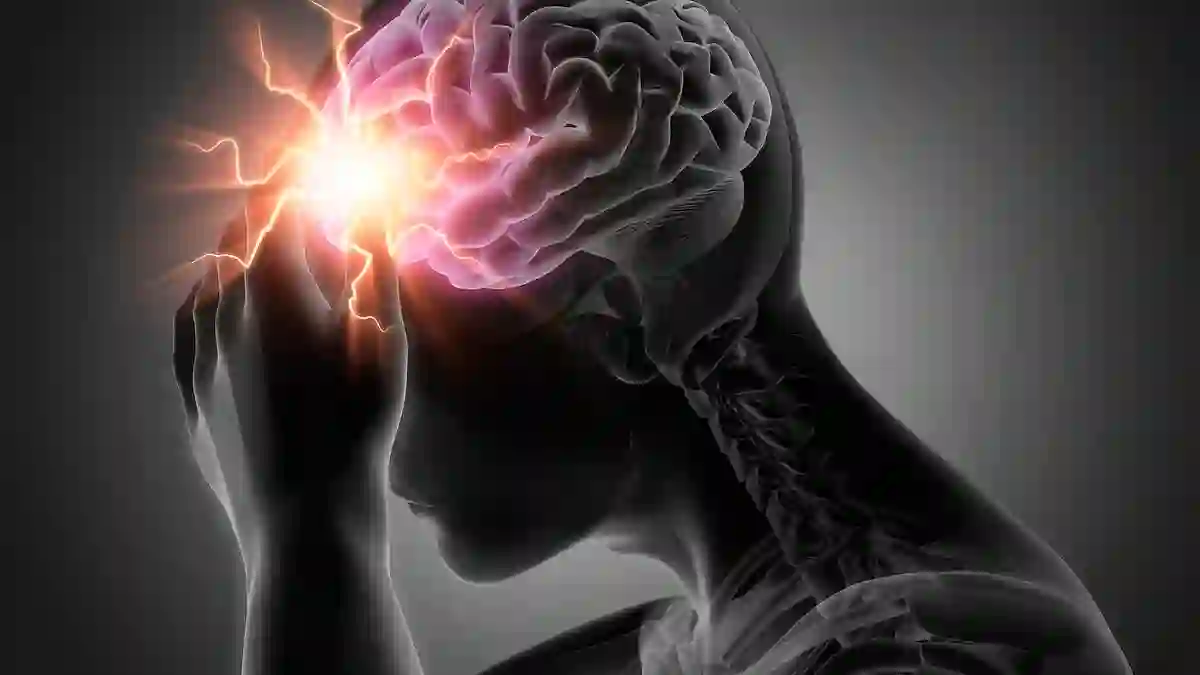We’ve all felt it — that tight knot in the neck after a long day at the desk or a tough workout.
For many people, the solution is simple: grab a massage gun and let it work its magic.
But according to a top neurologist, what feels like sweet relief could actually carry a dangerous cost.
Neurologist Warns Against Using Massage Guns on the Neck
Dr. Baibing Chen, a neurologist at the University of Michigan with over 163,000 Instagram followers, recently went viral for sharing the top three things he refuses to do to protect his brain — and topping that list was using a massage gun on his neck.
In a video seen more than 8 million times, Dr. Chen explained that the neck houses delicate arteries, like the carotid and vertebral arteries, which supply blood and oxygen to the brain.
He warned that the repetitive pounding from massage guns could lead to tearing in these arteries, blood clots, and potentially a life-threatening stroke.
A Stroke Triggered by a Massage Gun? Here’s How That Happens
Dr. Chen didn’t hold back. He detailed how the powerful vibrations and pressure of massage devices can weaken artery walls or knock loose plaques inside them.
That can cause a clot to travel to the brain, blocking blood flow and leading to what’s known as an ischemic stroke — the most common and often deadliest type.
In the UK alone, strokes strike over 100,000 people every year, roughly one every five minutes.
Around a quarter are linked to blockages in the carotid arteries, and the consequences can be permanent: brain damage, paralysis, or even death.
Know the Warning Signs of a Stroke
If someone is having a stroke, time is everything. The NHS highlights these red flags:
-
Facial drooping (especially on one side)
-
Arm weakness (trouble lifting one or both arms)
-
Slurred or confused speech
-
Other signs can include numbness, blurred vision, severe headache, and even loss of consciousness
Anyone experiencing these symptoms should call emergency services immediately.
Holding in a Sneeze? It’s More Dangerous Than You Think
Another everyday habit Dr. Chen avoids? Holding in a sneeze.
While it might seem like a small thing — especially in public — it can lead to serious internal pressure, sometimes higher than a car tire.
This kind of force can rupture ear drums, tear the throat, and even push air into the chest.
In rare cases, it could burst a blood vessel in the brain, causing a hemorrhagic stroke.
That type of stroke, known as a subarachnoid hemorrhage, often hits without warning and can be fatal.
When Sneezing Turns Into a Medical Emergency
Dr. Chen explained that these rare but deadly hemorrhages are more likely to happen in people with weakened arteries or brain aneurysms. The trigger? Physical strain — like sneezing, coughing, or lifting something heavy.
Symptoms of a subarachnoid hemorrhage often appear out of nowhere:
-
Explosive headache
-
Neck stiffness
-
Nausea or vomiting
-
Light sensitivity
-
Loss of consciousness
If any of these happen, don’t wait — it’s a medical emergency.
Your Headphones Could Be Harming More Than Just Your Ears
The third habit Dr. Chen says he avoids for the sake of his brain? Listening to loud music through headphones.
While most of us know that cranking the volume can damage hearing, Chen says it may also speed up brain decline.
New studies show that hearing loss may account for up to a third of dementia cases, which affects nearly a million people in the UK alone.
Dr. Chen explained that when the brain struggles to interpret sounds, it redirects brain power away from memory and thinking, which could accelerate cognitive decline.
Loud Music and the Link to Dementia
Sound levels above 85 decibels — about the same as city traffic — can cause damage over time.
But when the volume hits 100 decibels or more, like at a concert or with earbuds at full blast, hearing damage can happen in just 15 minutes.
That hearing loss, left untreated, may increase the risk of dementia fivefold, according to recent research.
A Few Small Changes Could Protect Your Brain for Life
Dr. Chen’s advice may sound extreme, but his message is clear: protecting your brain starts with everyday choices.
Avoiding massage guns on your neck, letting sneezes out naturally, and turning down the volume are simple actions that could help prevent strokes, preserve memory, and ultimately save lives.
So next time you’re tempted to blast music or knead away that neck tension, think twice — your brain might just thank you for it.
